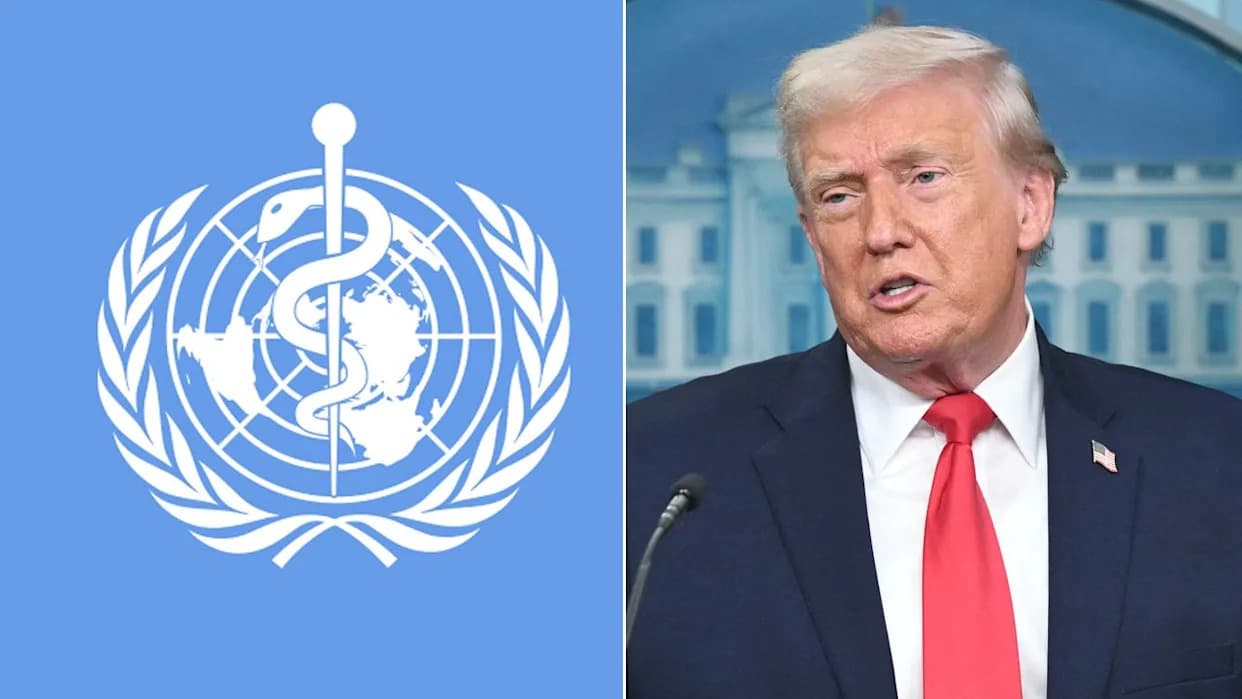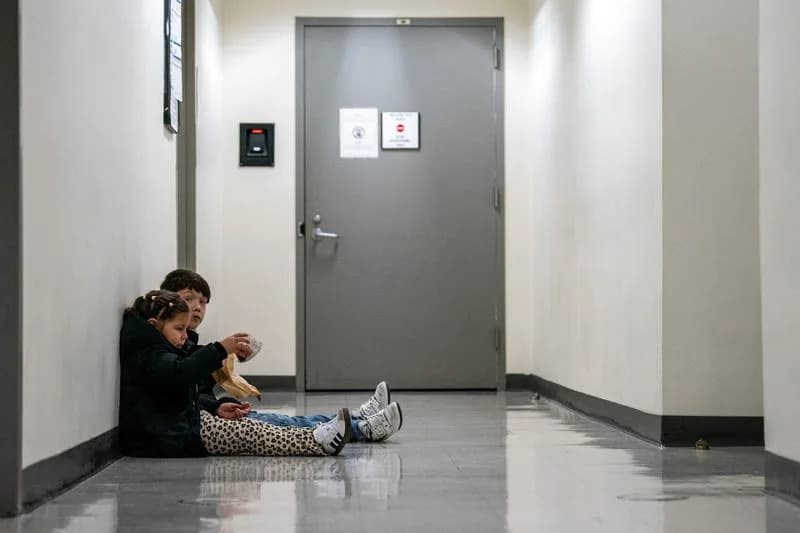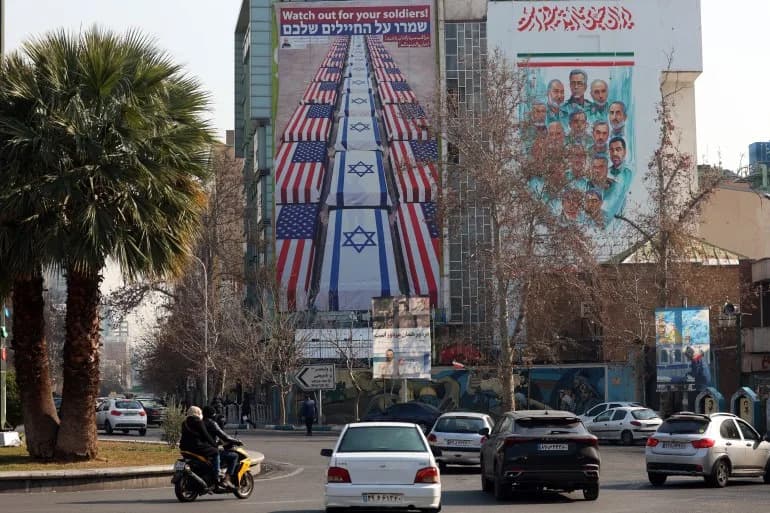The United States has announced it will skip its upcoming Universal Periodic Review (UPR) at the United Nations in Geneva, becoming only the second country to boycott the process since 2008. Rights groups and former US officials called the move "deeply disappointing," warning it weakens international human rights norms and US credibility. Civil society representatives used alternative Geneva events to highlight alleged abuses—ranging from militarized immigration enforcement to restrictions on dissent—and urged continued international scrutiny. Observers cautioned the boycott could set a harmful precedent for other countries.
US Faces Backlash After Skipping UN Human Rights Review — Rights Groups Warn of Dangerous Precedent

Geneva — US officials, rights defenders and civil society representatives gathered at the United Nations in Geneva to condemn Washington’s decision to skip its upcoming Universal Periodic Review (UPR), a regular assessment of human rights practices that all 193 UN member states normally undergo every four to five years.
The US mission in Geneva confirmed the decision this week, repeating an announcement first made in August. By withdrawing from the review, the United States becomes only the second country since the UPR’s 2008 inception to boycott the process.
Why the US opted out
US officials linked the move to President Donald Trump’s February order withdrawing the United States from multiple UN bodies, including the Human Rights Council. Critics note, however, that withdrawal from the council does not automatically preclude participation in the UPR: the US left the council during Trump’s first term but still participated in its 2020 UPR.
Strong reactions from rights groups
Human rights organizations and former US officials called the decision "deeply disappointing" and warned it undermines international human rights norms. Uzra Zeya, head of Human Rights First, said the choice “sends the wrong message and weakens a process that has helped drive progress on human rights worldwide — including in the United States.”
Phil Lynch, director of the International Service for Human Rights: “The move really, really undermines ... the notion that international human rights law is inalienable and applies equally to all.”
Speakers pointed to what they described as troubling domestic trends: restrictions on dissent, increasingly militarized immigration enforcement, deployment of National Guard units to US cities, pressure on universities and arts institutions, and lethal strikes on suspected drug vessels in regional waters.
Denied the platform, still heard
Civil society organizations that would normally participate in the formal UPR used alternative events in Geneva to present analyses, document concerns and press the international community to maintain scrutiny. Chandra Bhatnagar of the ACLU’s Southern California office urged that UN mechanisms and member states keep applying "necessary sunlight" to abuses. Robert Saleem Holbrook of the Abolitionist Law Center warned the forums will grow in importance as civic freedoms are eroded.
Precedent and global implications
Only Israel has previously been a no-show for a scheduled UPR session (in early 2013), later undergoing a postponed review. Observers cautioned that the US boycott risks normalizing withdrawals from the council and weakening the universality of human rights review.
Sanjay Sethi, co-head of the Artistic Freedom Initiative: “We hope this doesn't risk normalising withdrawal from the council.”
The US absence has renewed debate about global leadership on human rights and whether stepping away from multilateral scrutiny erodes credibility. Rights advocates in Geneva urged continued international engagement and monitoring despite Washington’s decision to forgo the formal UPR platform.
Help us improve.


































